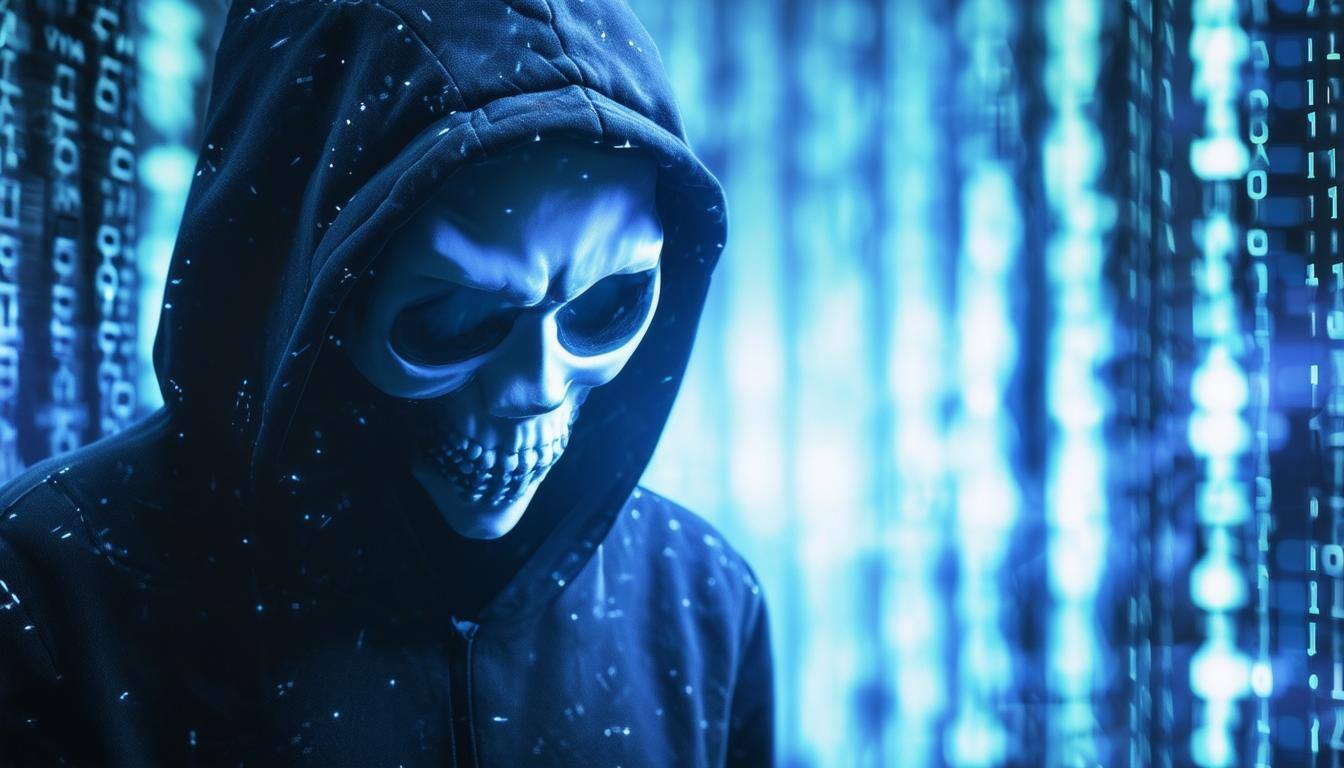Hacking continues to be a hot topic of conversation between President Joe Biden and Russian President Vladimir Putin.
A few weeks ago, Biden gave Putin a 'no hack list' and threatened a response if cyberattacks from Russia continue.
Then, Russian ransomware operators attacked IT management company Kaseya. The attack on the IT supply chain impacted up to 1,500 small and medium-sized businesses.
So Biden got back on the phone with Putin.
Biden tells Putin, again, U.S. will respond to cyberattacks
We don't know exactly what was said during their phone call, however, we did have a briefing from a senior White House official.
Here is the transcript of that briefing, which covers diplomacy, retaliation, and timing.
SENIOR ADMINISTRATION OFFICIAL: "President Biden underscored the need for Russia to take action to disrupt ransomware groups operating on Russian territory, and emphasized that he's committed to continued engagements on the broader threat posed by ransomware.
The President believes strongly in this leader-level engagement on this issue as well. And we engage in this type of diplomacy not because we agree often or all the time, but precisely because we have these disagreements in so many areas, including this one.
President Biden reiterated that the United States will take necessary action to defend its people and its critical infrastructure in the face of this continuing challenge. And the President has also called on governments and agencies to modernize their defenses to meet this threat, building on the President's executive order on cybersecurity that was released in May.
I want to say a few other things about this: The President really meant what he said just after concluding the summit meeting in Geneva, when he said that our assessment of this process and our evaluation of Russia's actions would take time and play out over time. The President said six months or more."
That makes it sound like it could be a while before any U.S. retaliation in cyber. We'll see if that holds.
White House says our hacking problem is about more than Russia
While the back and forth cyber talk between Russia and the U.S. grabs a lot of attention, the senior White House official told reporters this is about our security posture, cryptocurrency, and other issues as well:
SENIOR ADMINISTRATION OFFICIAL: "This is more than just a conversation that's taking place between the two leaders, President Biden and President Putin. This is really about our own resilience, as a nation, in the face of these attacks, and strengthening that. That's what the cybersecurity executive order was largely about.
It's about addressing the challenges posed by cryptocurrency, which provides fuel for these sorts of transactions.
It's about ensuring that our allies and our partners are working with us, collaboratively, and upping their own game when it comes to resilience and these broader issues.
So, this is a broad campaign and won't have an immediate on-off effect like a light switch, but we're going to have to stay on top of this over a period of time and remain focused on it."
Reporter question: "On cyber, has the U.S. given Russia information on the people it wants arrested? Assuming Russia has not made those arrests, how is it that you can expect Russian action when you've asked for those actions and they haven't been taken?"
SENIOR ADMINISTRATION OFFICIAL: "On Russia's follow-up actions: Look, you know, time will tell. The President was quite clear that part of why he wanted to gauge what President Putin was willing to do with regard to these actions that have taken place from Russian territory was so the United States could gauge what we're going to be willing to do.
And I think the President was asked today if he expected us, the United States, to take action, to follow up. He said, 'Yes.'
We're not going to telegraph what those actions will be precisely. Some of them will be manifest and visible, some of them may not be. But we expect those to take place, you know, in the days and weeks ahead."
Reporter question: "So, the President was just asked on the tarmac if it makes sense to attack the servers that are used to carry out the ransomware hacks. The President said, 'Yes.' So, my question is: Has he—has he planned to direct—have you already directed any officials to carry out that action?"
[Also] We just got a readout from the Kremlin. They say that they've received no formal request to assist in dealing with the attacks from U.S. agencies. What is the administration's response to that?"
SENIOR ADMINISTRATION OFFICIAL: So — okay, I guess I'll take the two parts of your question. On the first question, that's obviously not something that we would speak to publicly, in terms of any specific actions the President has or hasn't ordered. So I just won't speak to those operational questions in detail.
On your second question about the Kremlin's readout, I guess what I can say is that we have relayed multiple specific requests for action on cybercriminals to Russia through official channels and been clear about what Russia's responsibility is with regard to taking action, including, again, today, at the level of the two presidents. And I'll just leave it at that."
There is more to come on this developing story.




